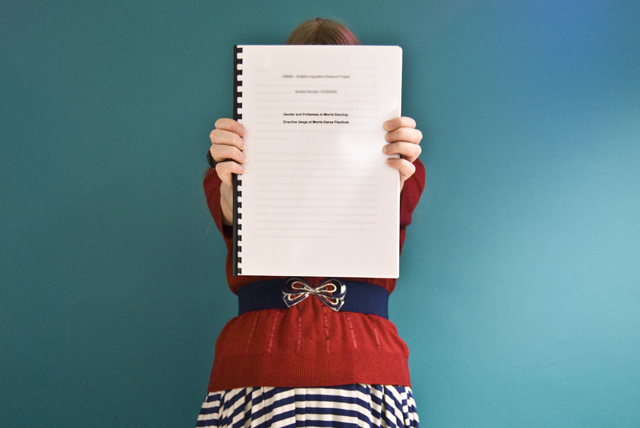Knee deep in essays, novels and deadlines at the start of January, December has certainly offered a dose of the unexpected. Early morning lectures have been replaced with early shifts serving coffee. Instead of fuelling late night library sessions with caffeine, I'm now pouring it into a cup and asking if sir or madam would like a croissant to go with their medium cappuccino today.
Despite the fact post-graduate life hasn't quite been the marvellous new adventure I'd hoped it would be, 2014 has in fact treated me pretty well. Here's just a selection of the reasons why.
1. As Co-Editors of our University magazine, my friend Darcy and I finally had our first proper edition printed and published. We battled with it for months and months, struggling to get the layout finished whilst juggling work and other deadlines. The finished product was printed in February, and we couldn't have done it without the help of our brilliant little writing team.

2. I was lucky enough to get a week of work experience at The Times and I absolutely loved it. I met some wonderful people and even had three (tiny) feature articles published in the paper.

3. June was a life-changing month as my time as a student came to an end. I completed my degree, I left my favourite ever job at Touchdown Café and said goodbye to Canterbury. Lots of tears were shed. :'(
4. I had my first ever job interview in July and it was TERRIFYING. I've had three others since and they weren't any less scary.
5. The World Cup was on this summer and it consumed mine and millions of others' lives for an amazing 4 weeks. Thanks to Germany, I also won the family sweepstake. Ha!
6. As well as the football, we had The Commonwealth Games to keep us glued to our screens in July and August. I personally developed a weird obsession with watching bowls.
7. At the end of the summer, I went on a little holiday to Wales with six friends, and for some crazy reason we decided to try out the biggest Zipline in Europe. It was an experience unlike any other and probably one of the best things I have ever done.
8. My brother was accepted into Derby University! He moved away in late September and it's become really weird (and really quiet) without him around.
9. After working in the city for 30+ years my Dad finally escaped and found a fantastic new job in Brighton. I speculate the early morning East Grinstead train to London Bridge misses his snoring immensely.
10. I finally graduated in Canterbury Cathedral on September 16th, and had the most amazing day celebrating and reuniting with my friends from University.

11. In October, I turned 22 and got very drunk to celebrate. Woo!
12. I completed a big freelance book editing job in November - it was great to get the experience but I was so happy to finish.
13. Nancy won The Great British Bake Off.
14. I dressed up as an elf at work to introduce our new Christmas drinks menu. It was bloody great.
If that's anything to go by, I'm really looking forward to whatever 2015 has in store - the good, the bad or, indeed, the downright mad.
I must, of course, also say thank you to those who have read my posts this year - regardless of how many you looked at, and whether or not you actually thought they were any good - you're all pretty damn super.
I wish you a very Happy New Year :)
Love Nats. X





